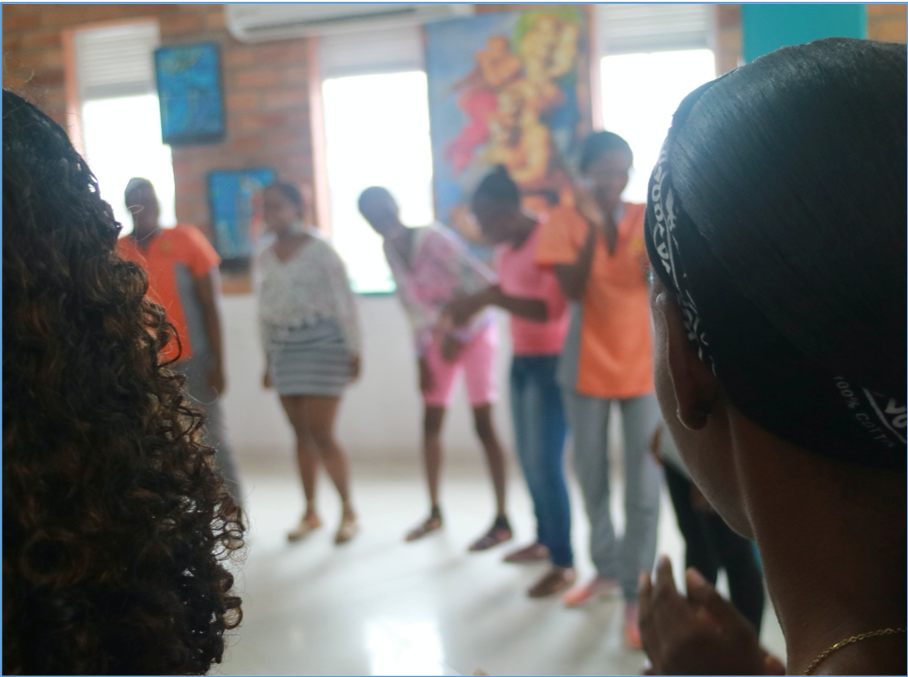Participatory digital methodologies with young people in ‘fragile’ contexts in times of COVID-19

Author: Dr. Marlies Kustatscher, University of Edinburgh
While digital methods have been around for some time, the COVID-19 pandemic has required projects around the world to move to the digital sphere and adapt their approaches accordingly.
In our new ¿Cuál es la verdad? project briefing, we reflect on our learning in relation to engaging digitally with young people who have been ‘marginalised’ (in terms of structural inequalities and locations) and live in contexts that are considered ‘fragile’ due to violence and conflict.
While there is a rich literature on digital methods, such approaches typically rely on (at least some) in-person events and relationships. In our case, and of many projects during the ongoing pandemic, all research interactions took place solely online.
Most writing in the field of digital methodologies is premised on work that has been conceived as digital from the outset, and therefore does not encounter the same circumstances and challenges that arise from adapting to online methodologies at short notice, and in contexts of scarcity. Much of this literature is geared towards populations with access to appropriate devices and connectivity. Much less has been written about online research and engagement with young people who belong to under-resourced communities, and live in ‘fragile’ contexts.
All this creates particular challenges for devising meaningful digital methodologies and for establishing relationships, trust and continuity with young participants. Particularly when it comes to creative and arts-based methodologies, we need to understand better how we can replicate their unique potential for embodied and collective experiences online.
The COVID-19 pandemic will shape research and participatory activities for some time to come, and it has brought to light important questions for engaging digitally with young people from ‘marginalised’ backgrounds, and in ‘fragile’ settings:
- Who is included in the digital sphere, and who is excluded?
- What practical steps can projects take to enable inclusivity and participation – e.g. co-producing methodologies, buying data plans, selecting digital platforms and investing into building strong relationships?
- What timeframe is appropriate for a digital project and how do we manage expectations about the frequency and boundaries of interactions for both participants and research teams?
- How can we build the necessary flexibility into digital project design, to ensure we can respond to evolving situations and participants’ needs?
- How do we manage expectations of participants in terms of seeing immediate project results versus planning for longer-term sustainable developments?
- What kind of investment of time, emotions and energy is required for research teams and participants to form and maintain relationships in digital contexts, and how do we ensure to fully recognize it?
- How can we harness the opportunities of the digital sphere to increase visibility of marginalised young people in fragile settings and advance their rights?
It is essential that we continue to explore the opportunities, obstacles and solutions within this sphere of communication, and that we do so in partnership with the young people we want to engage with.
For more information, please read our project briefing, available in English and Spanish.
CREDIT: This blog was originally published on the website Changing the Story, University of Leeds.
Photo caption: A group of young women take part in a (pre-pandemic) arts- and music-based workshop in Quibdó.
Photo credit: Dr. Marlies Kustatscher




Comments are closed
Comments to this thread have been closed by the post author or by an administrator.